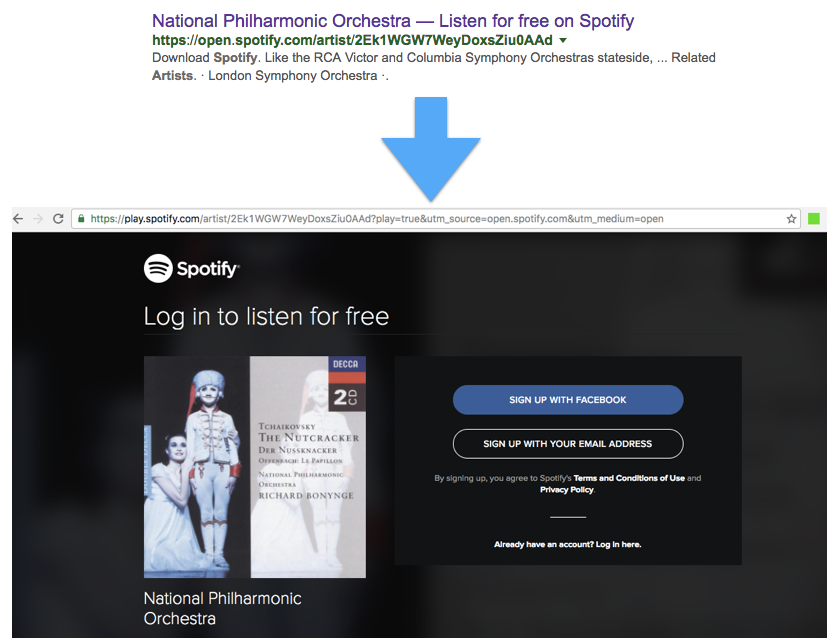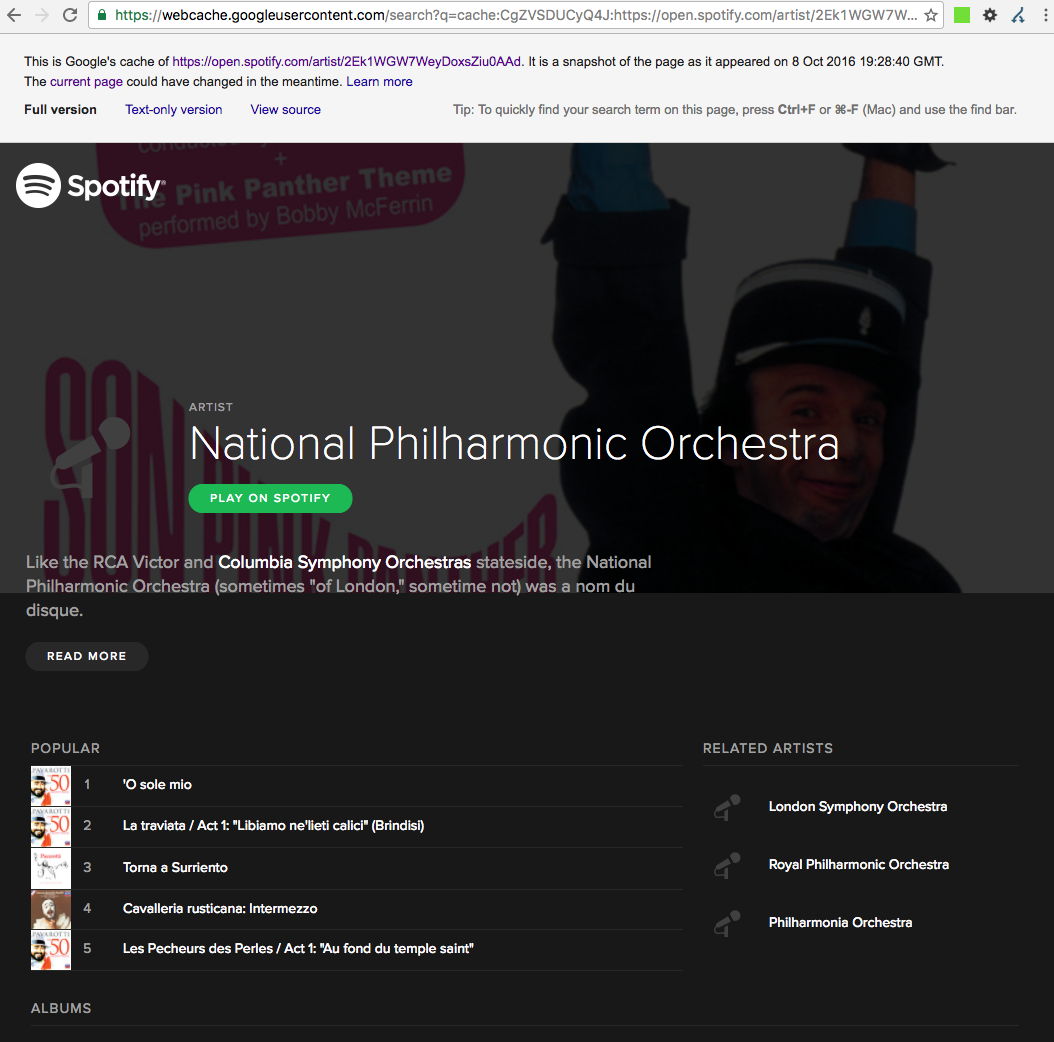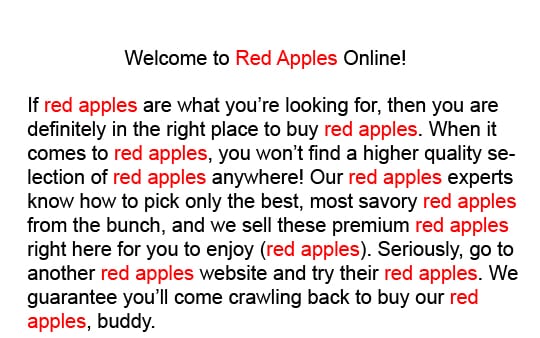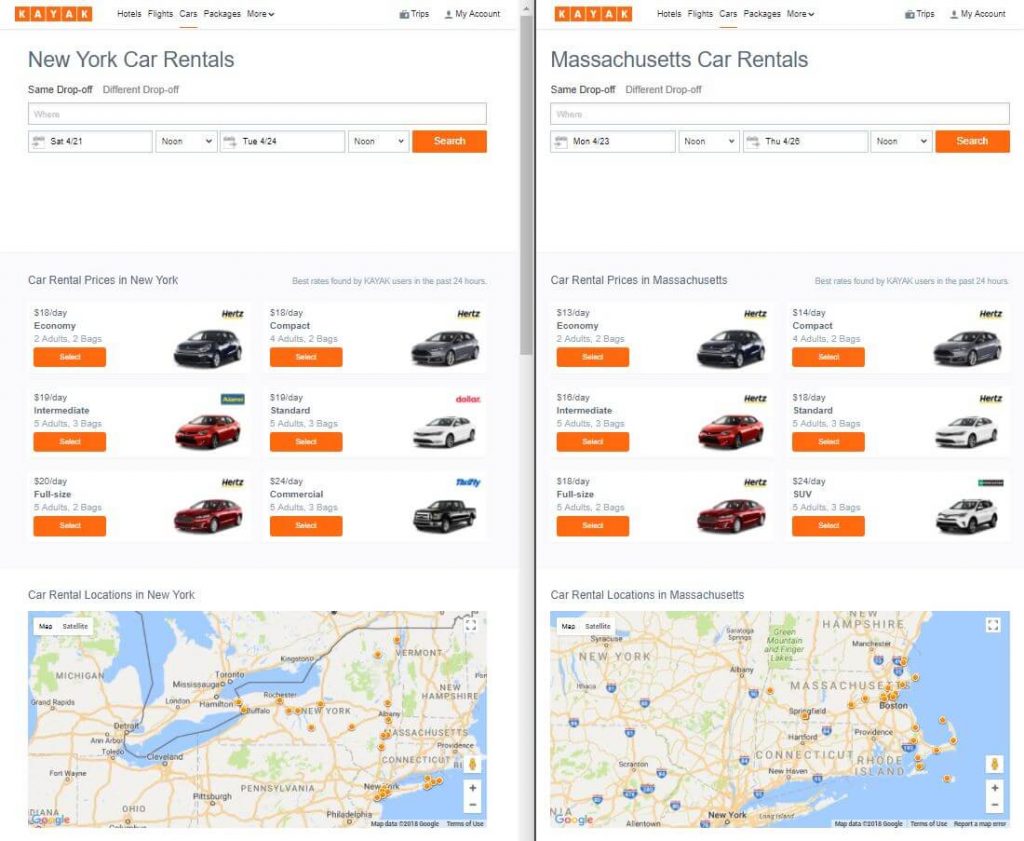Modern search engine optimisation can be confusing. It used to be that all you had to do to rank in the search engine results page is to create links using your target keyword as your link anchor text and point them to your main website. But doing that may get you clubbed with an over-optimisation penalty. The line between white vs grey vs black hat SEO becomes vaguer over time.
Here are a few other black hat SEO tactics that you should stay away from unless you don’t mind getting deindexed from Google.

1) Cloaking
When you show search engines bots one thing but human visitors another, you are guilty of cloaking.
This is usually achieved when websites target by IP address or user agent. For example, you show book review content whenever your site detects that it’s being visited by Googlebot but you show a different site when it detects a human user.
“Cloaking is considered a violation of Google’s Webmaster Guidelines because it provides our users with different results than they expected“
A high profile example of this happened when Spotify.com was penalised for showing users one page and search engines another. The screenshot below shows what happens when you click on the search result (that ranked for the keyword ‘National Philharmonic Orchestra’).

But the screenshot below shows the cached version on Google.

When Google detected this, Spotify lost up to 82% of their organic traffic in some countries.
2) Keyword Stuffing
Keyword stuffing was widespread in the early days of SEO but you hardly see them being used anymore. It involves inserting keywords over and over again in various parts of your website such as the pages, meta descriptions and meta tags to manipulate rankings.

3) Doorway Pages
Google’s definition of doorway pages is a little vague (‘pages created to rank for specific search queries’) so here are a few examples of doorway pages that Google provides:
- Having multiple domain names or pages targeted at specific regions or cities that funnel users to one page
- Pages generated to funnel visitors into the actual usable or relevant portion of your site(s)
- Substantially similar pages that are closer to search results than a clearly defined, browseable hierarchy
Personally, I do prefer the definitions put forward by CognitiveSEO instead.
- They can’t really be accessed from the website’s navigation or anywhere else on the site
- They’re not presented in a structured, hierarchical manner
- They redirect the user immediately to another location
- They use spammy content techniques, such as spinning or hiding content
- They don’t provide any value at all (for example, they don’t actually provide the service in that location)
- They are created on multiple domains.
They provide an interesting example of doorway pages below as well. As you can see, these pages contain almost the same content but they are simply targeting different countries.

4) Unnatural Link Building
Unnatural or manipulative link building covers a wide area but they are by far the most common ways sites become deindexed in Google. This is because many webmasters believe using these methods to rank their sites outweigh the risks of being detected or penalised. Take a look at some of the examples of unnatural link building:
- Paid or sponsored links. Buying links on other sites to point back to your sites.
- Excessive mutual link building. When you have arrangements with another website to point links to each other.
- Private blog network. Creating and maintaining your own websites for the sole purpose of creating links from them to your main site.
- Automated link building. Covers all manners of sins, including using software to create fake profiles on forums that link back to your site, comment spam and so on.
- Article link building. Excessively submitting content to article farms such as Ezine in exchange for a link.
Google changes its algorithms very frequently, so don’t think that these are the only black hat tactics that will get you deindexed on Google. Over time, some tactics which are considered white hat today may be declared black hat tomorrow. You always need to keep up with changes in search engine optimisation to stay on the right side of Google.
